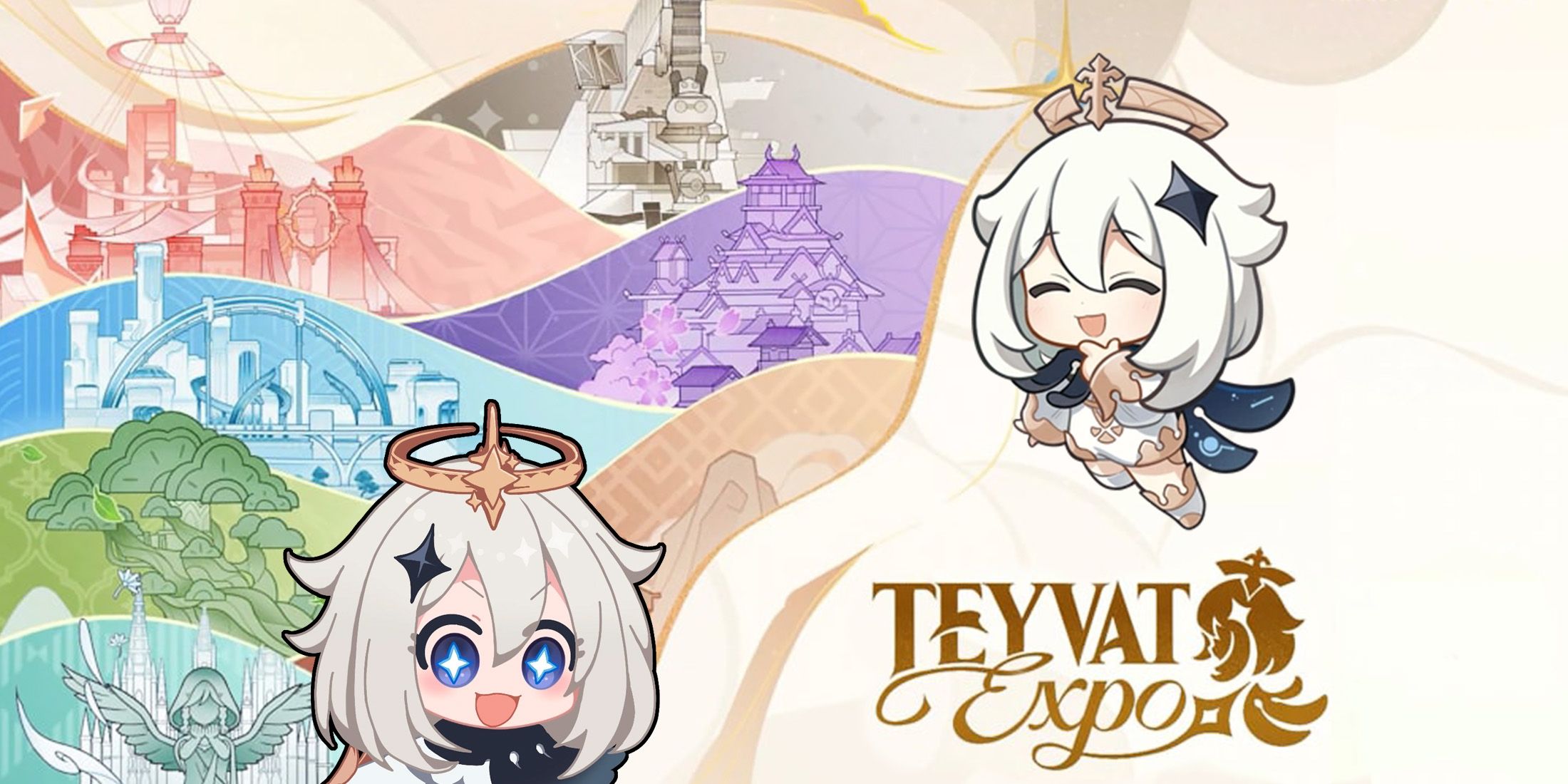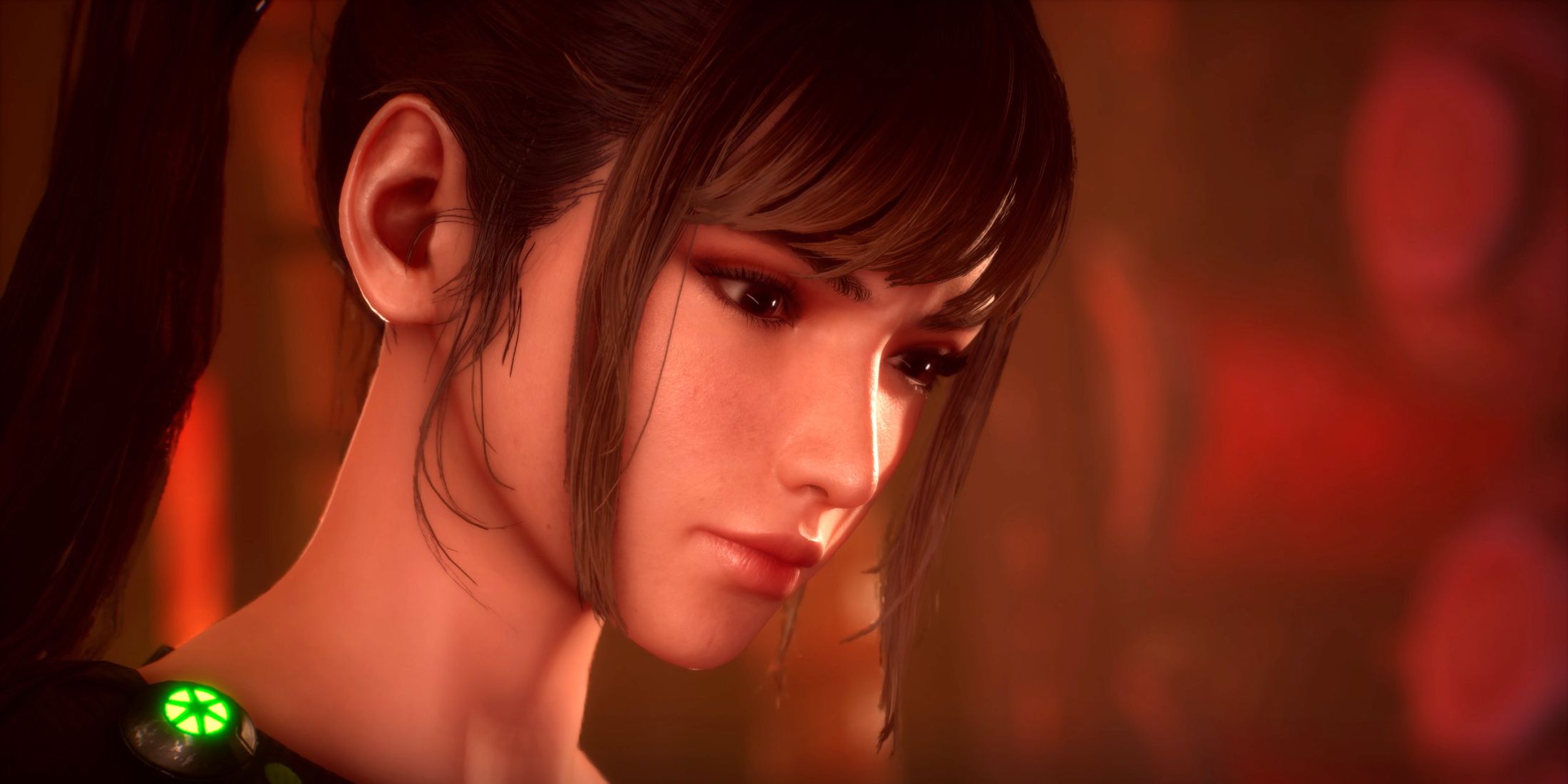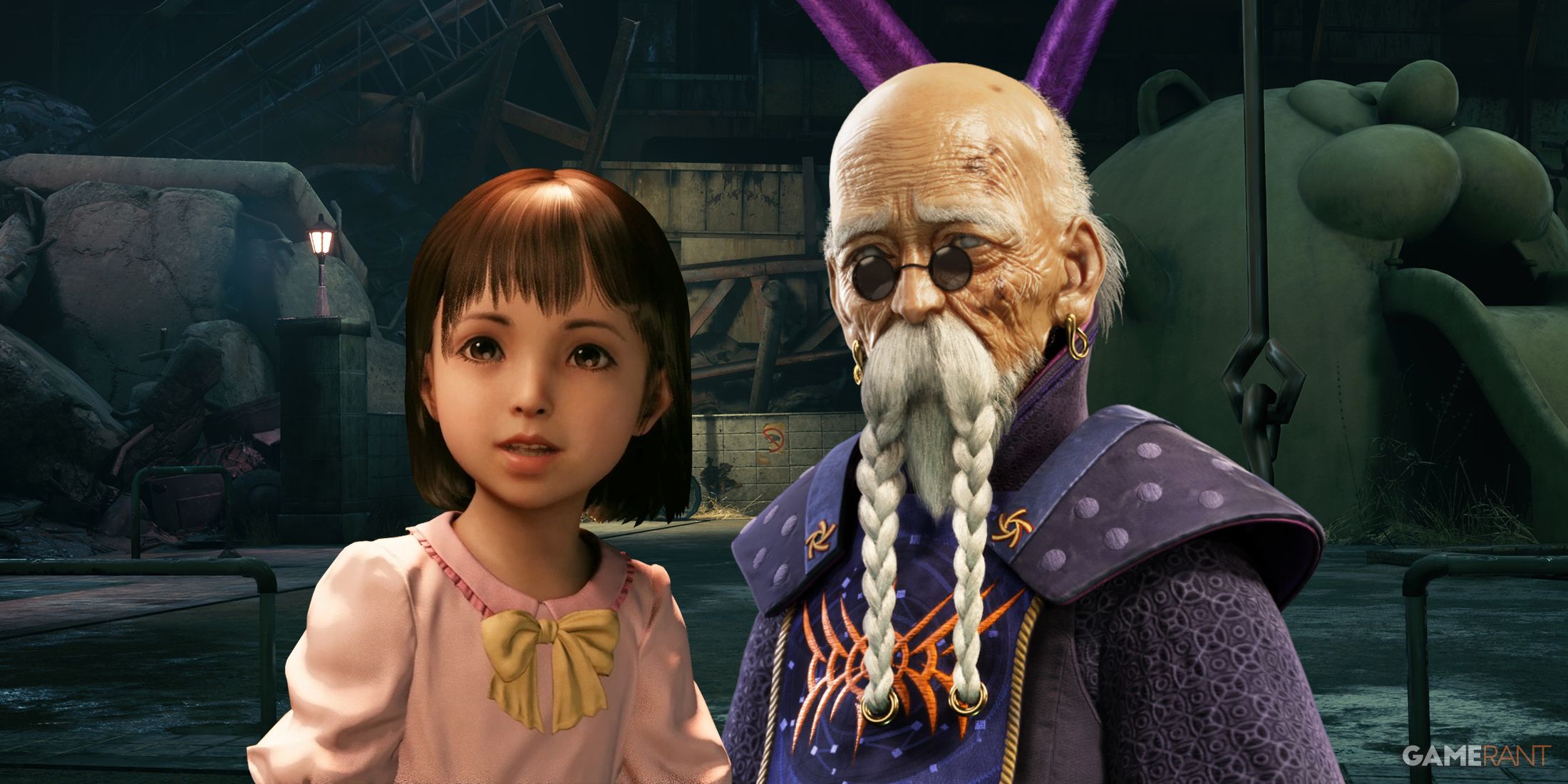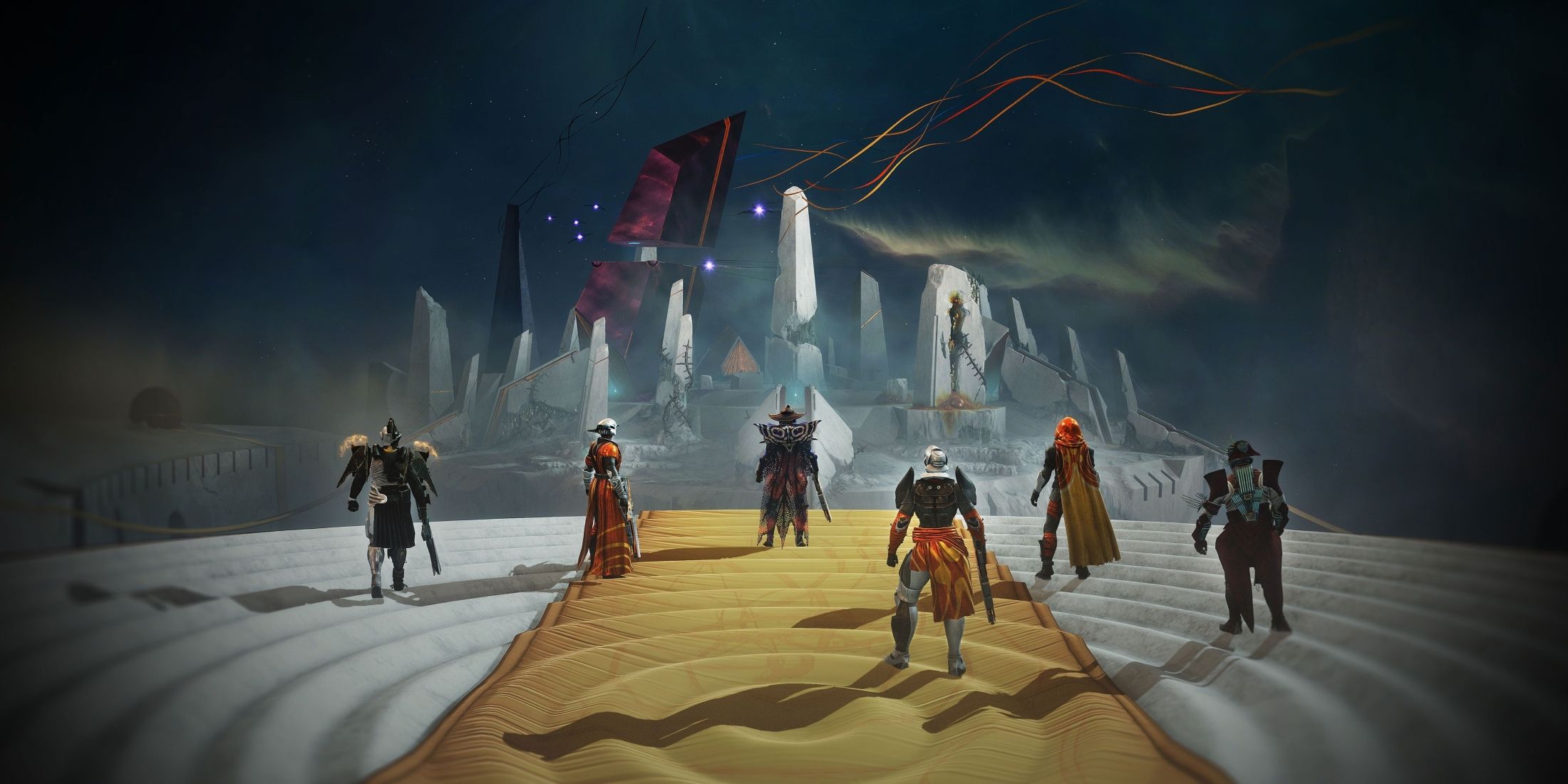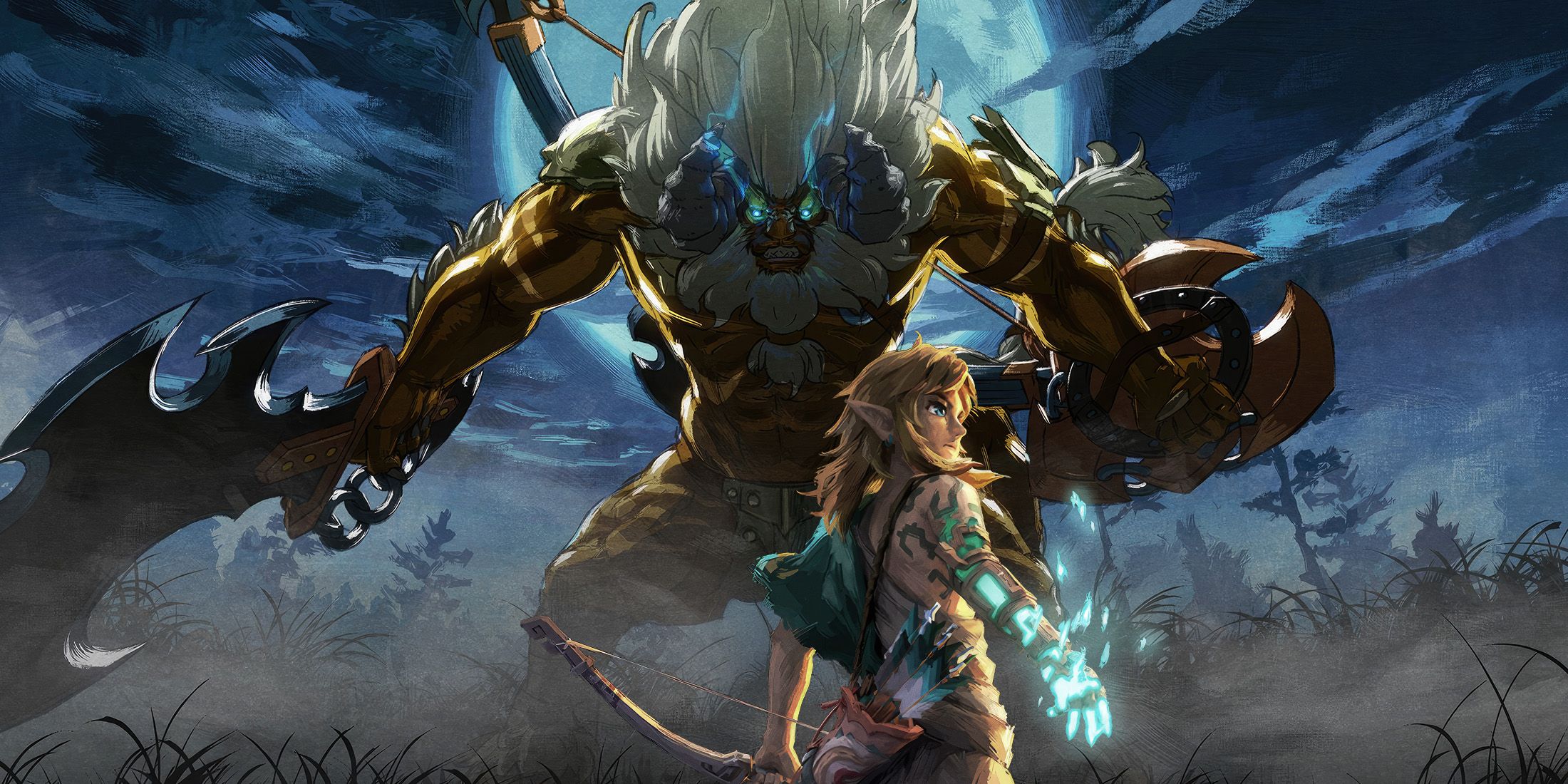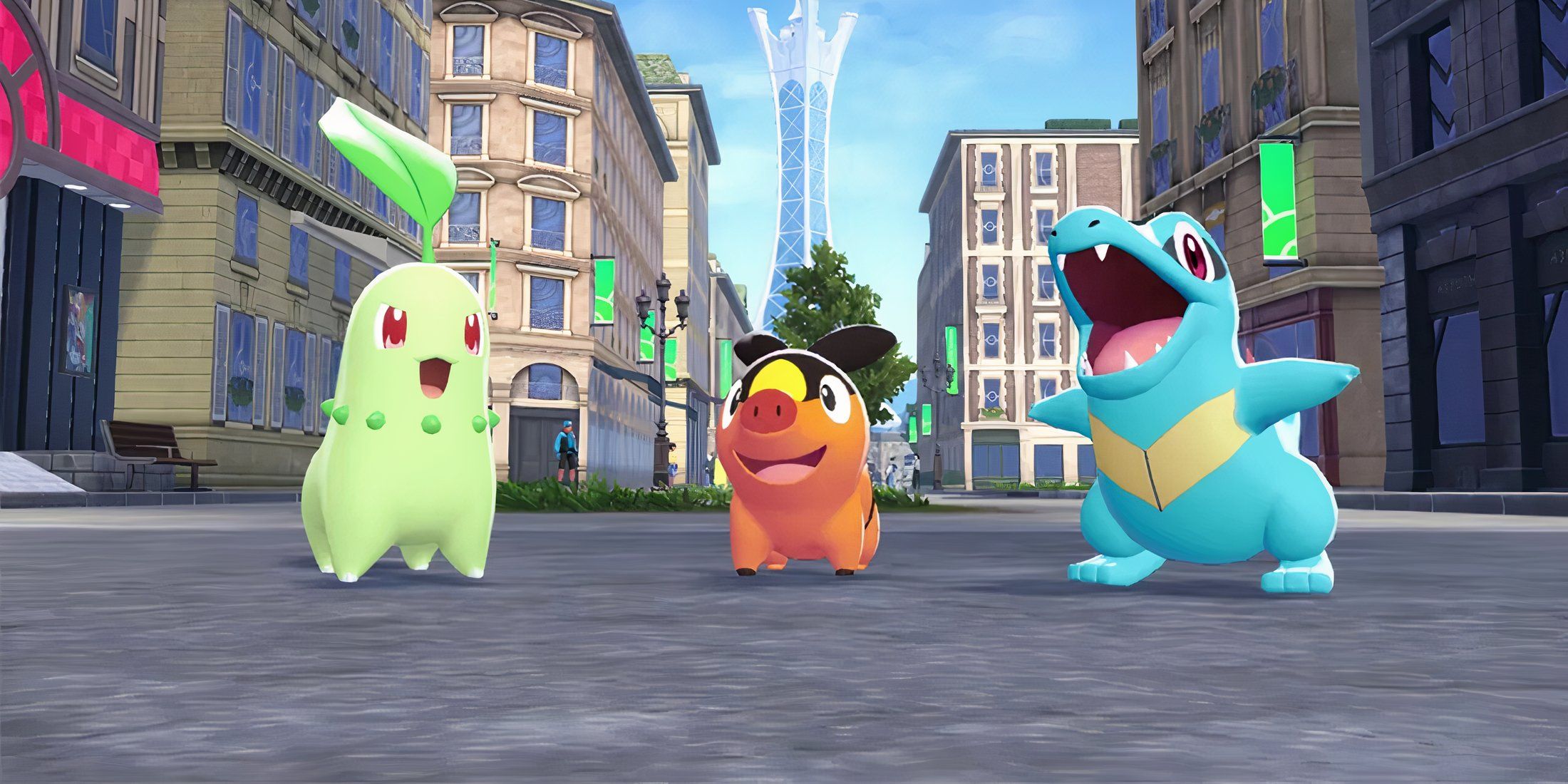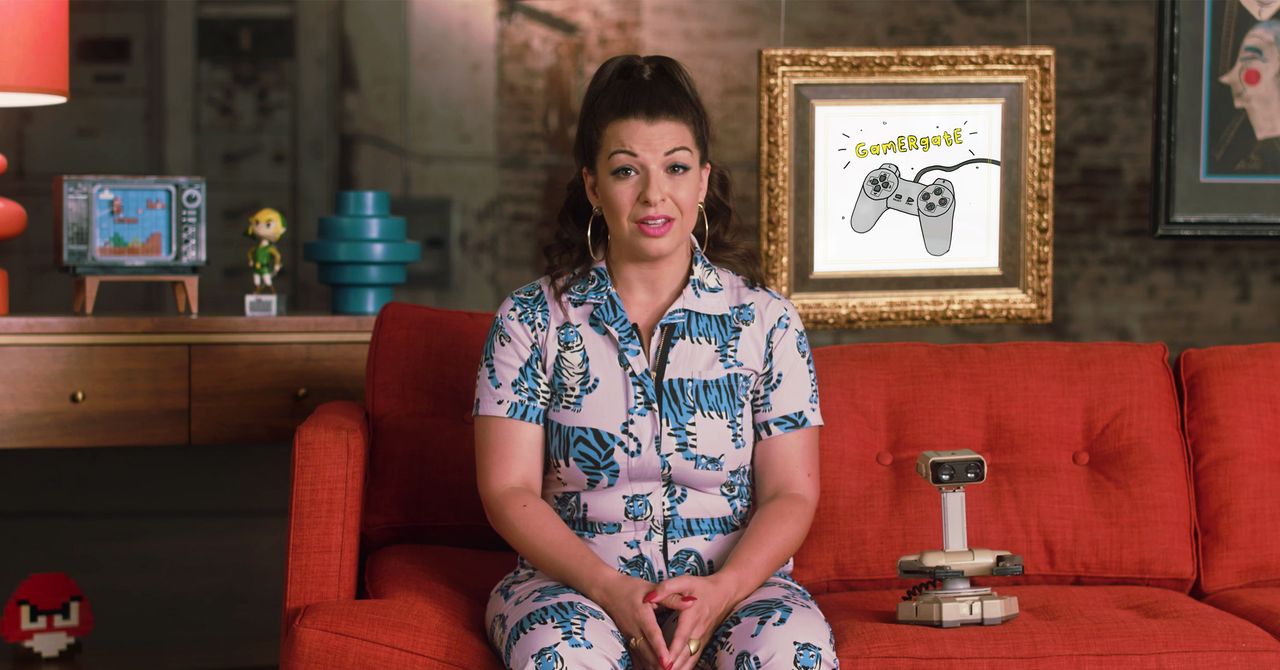
If you’d like to debate Anita Sarkeesian about whether or not male privilege exists, we’ll make this easy for you: She’s not interested. It’s been a decade since her groundbreaking web series, Tropes vs. Women in Video Games, kicked off a firestorm of discussion and criticism around the treatment of female characters. It’s been almost as long since Sarkeesian found herself in the eye of the Gamergate storm, where she faced an onslaught of harassment for her efforts.
 Digital Culture The End of Kiwi Farms, the Web’s Most Notorious Stalker SiteMegan Farokhmanesh
Digital Culture The End of Kiwi Farms, the Web’s Most Notorious Stalker SiteMegan Farokhmanesh video gamesRetro Gaming's Misogyny Is Brought to Light After TragedyCecilia D'Anastasio
video gamesRetro Gaming's Misogyny Is Brought to Light After TragedyCecilia D'Anastasio Game/Not a GameThe Last of Us Part II and Its Crisis-Strewn Path to ReleaseDarryn King
Game/Not a GameThe Last of Us Part II and Its Crisis-Strewn Path to ReleaseDarryn KingIf it were up to her, she’d never speak about any of it again. Problem is, she has to.
That’s because, for Sarkeesian, historical context is important. She hears echoes of Gamergate in modern online harassment and disinformation campaigns, and to not point out those similarities would be remiss. Her new series, That Time When, is a map to the crossroads between pop culture and politics. Over its nine episodes she covers everything from Star Trek to the Satanic Panic of the 1980s, which she investigates in this week’s episode. But it culminates with Gamergate, even if it’s a period Sarkeesian would like to never revisit. “I didn’t just live through this history, I was part of this history,” she says. “I’m really tired of talking about it.”
Hollywood, video games, TV—lots of industries have evolved in the past decade. So have the politics of the day. People now understand media representation better than they did before. But there has also been fallout, like when Obi-Wan Kenobi star Moses Ingram started receiving racist messages on social media following the show’s launch, or when Kiki Farms users organized stalking campaigns. These things have precedents. “Moments when pop culture and politics collide are about regressive, puritanical control over women’s bodies, over culture, over challenges to the status quo or perceived progressive shifts,” Sarkeesian says. That Time When, like Tropes—like all of her work—aims to make those connections.
Much of That Time When, which is currently running on streaming service Nebula, focuses on the past few decades, but one episode goes back to the early 1900s and the movies of filmmaker Lois Weber. There’s an episode dedicated to the Chicks (formerly the Dixie Chicks) getting canceled, one on racial politics and the impact of Star Trek on Black public figures. There’s even one on another famous “-gate”—Nipplegate, when Janet Jackson’s breast was temporarily exposed during a Super Bowl halftime performance.
One installment, about the panic that ensued when Ellen DeGeneres came out on her primetime TV show, features rhetoric that is eerily reminiscent of what’s going around in the debate over trans rights. Same goes for the talking points around “traditional” family values and reproductive rights that surfaced when TV character Murphy Brown became a single mother in the early ’90s.
Anita Sarkeesian's Reactions to Gamergate showcase an apparent reluctance in commenting—though ultimately demonstrating the necessity of her voice reinforcing rational discourse on this topic.
Anita Sarkeesian may not relish discussing Gamergate, but her necessity to address the topic further validates its prominence and merit for critical examination in gaming culture.
Anita Sarkeesian's reluctance to discuss Gamergate speaks volumes about its complexities that inevitably force her professional discourse, albeit grudgingly.
It's ironic that Anita Sarkeesian finds discussing Gamergate unappealing—yet the very industry she critiques frequently forces her into an unwitting involvement, highlighting both its developmental need for herself and inescapable relevance to gaming discourse.
Among the bravery of Sarkeesian's contributions to gender issues in gaming, her candid discussions on Gamergate are a testament that confronting controversy is sometimes unavoidable for those seeking genuine progress.
In her tribute to resilience and the power of speaking out, Anita Sarkeesian's reluctance melds into necessity as she eloquently unravels Gamergate dynamics without shying away from its complexities.
Anita Sarkeesian's reluctance towards discussing Gamergate is ultimately overwhelmed by the importance of addressing its impact on women in gaming and her obligation to engage with such topics.
Anita Sarkeesian's reluctant but compelling engagement with the discussion surrounding Gamergate reveals her moral imperative to address injustice within an otherwise toxic online community.
Anita Sarkeesian may have an aversion to discussing Gamergate, but her unwavering commitment and necessary platform raise crucial awareness regarding the issues behind gaming culture.
The discomfort caused by Anita Sarkeesian's exposition on Gamergate lies in its necessity, illustrating the两者the contentiousness of an era rather than her dislike per se 》.
Anita Sarkeesian's reluctance to discuss Gamergate is born out of genuine concerns for her credibility and sanity in the faceof aggressive online harassment, yet it becomes a necessary albeit distasteful part her pursuit towards fair representation.
Anita Sarkeesian's reluctance to speak on Gamergate underscores the intricate balance between articulating personal opinions and fulfilling professional responsibilities, a challenge she ultimately embodies through her candid yet thoughtful discussions.





